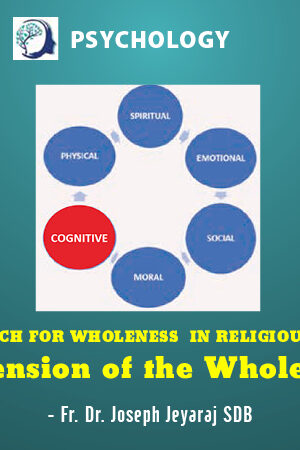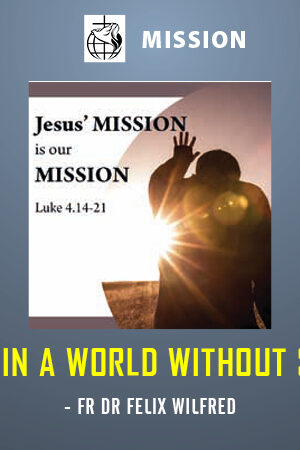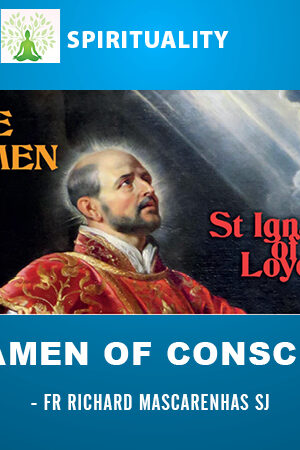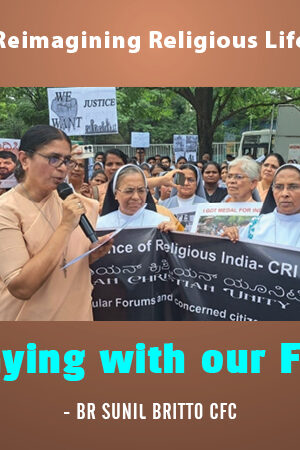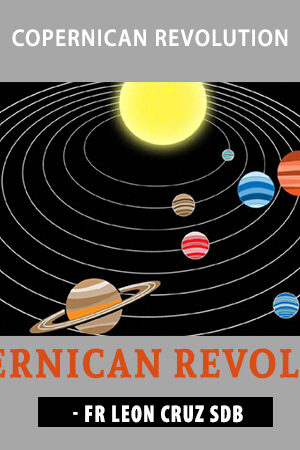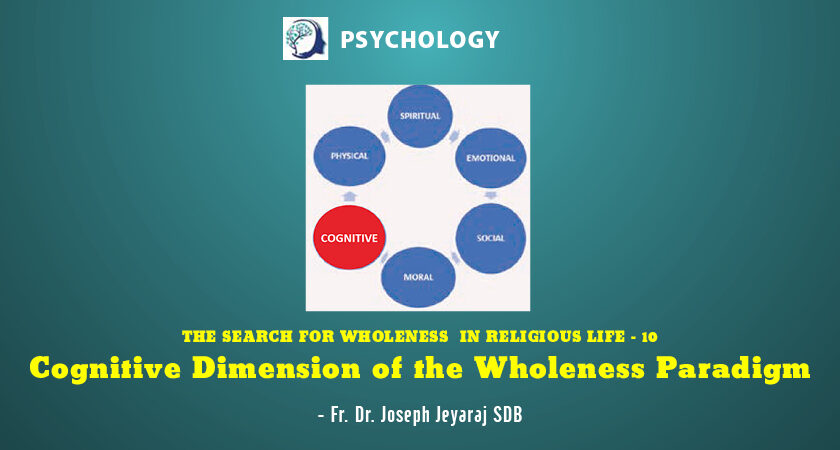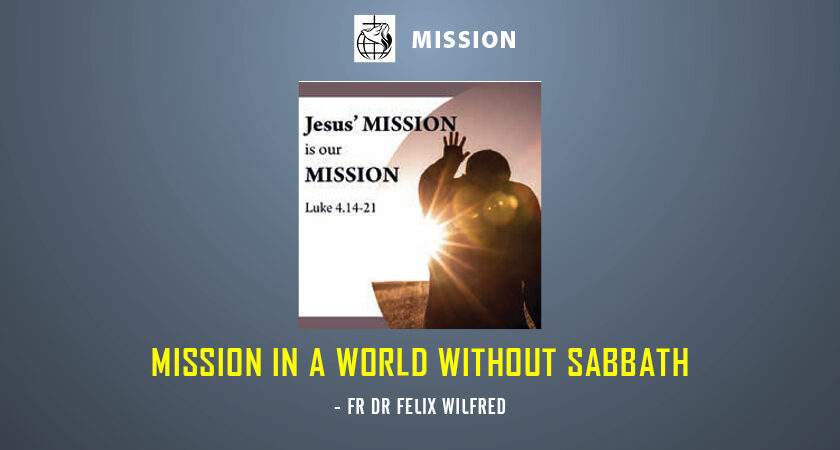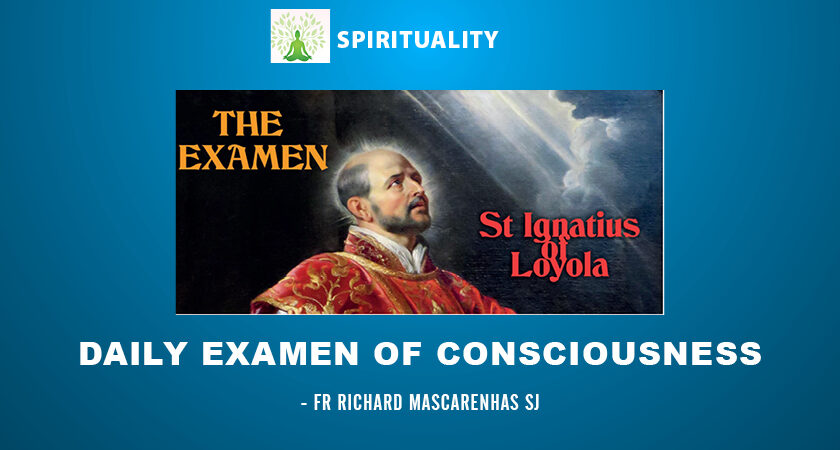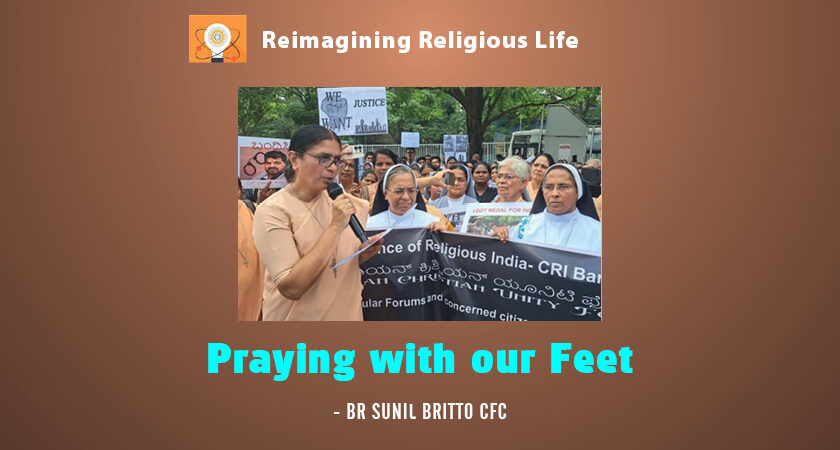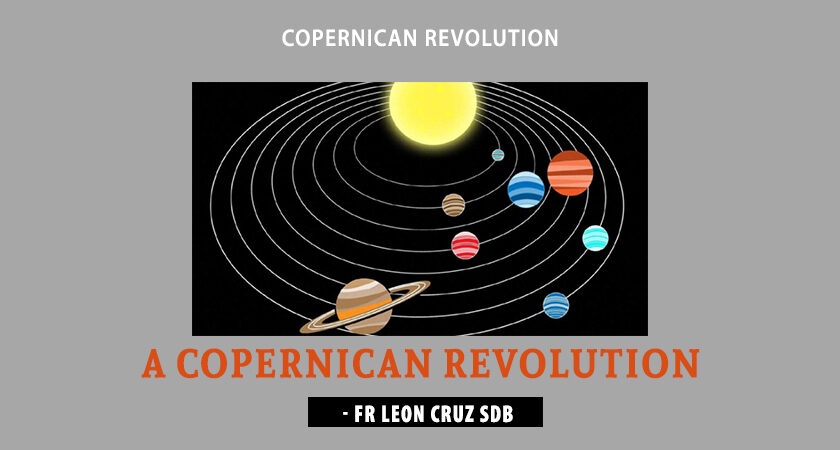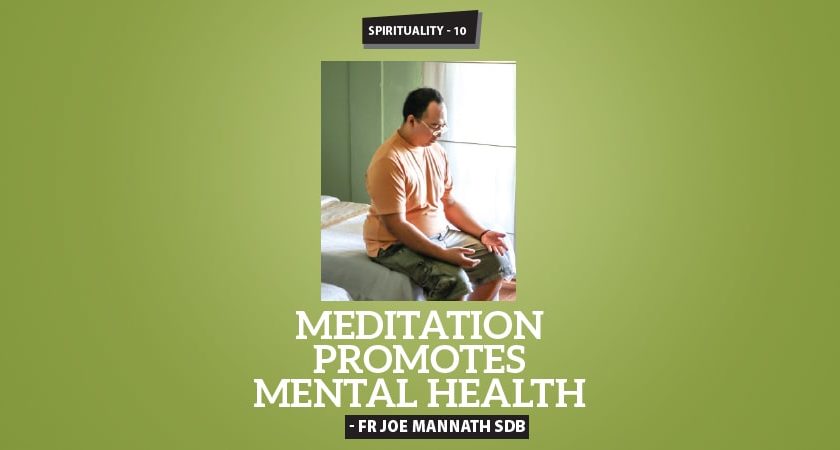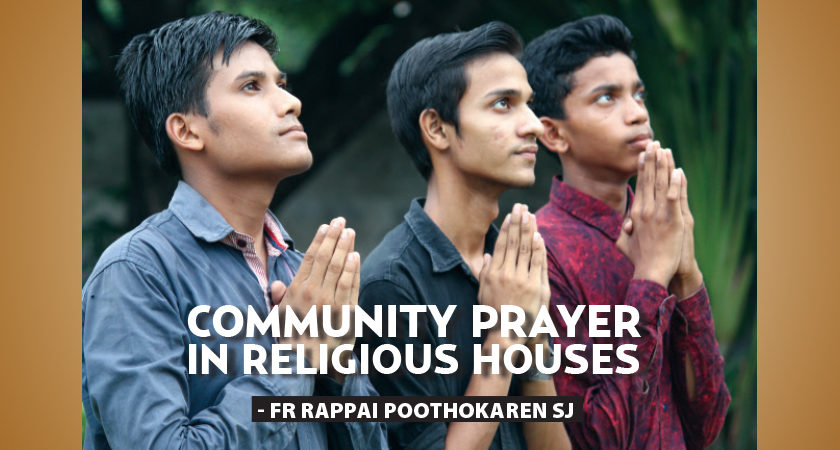“The whole of science is nothing more than a refinement of everyday thinking.” – Albert Einstein
Cognitive dimension, the second area of Wholeness:
In our presentation of the ‘Wholeness paradigm’ in the July issue, it was pointed out that the cognitive dimension refers to all our intellectual functions and the processes involved in exercising them. In other words, it pertains to the mental aspects of our every-day lives. I would consider cognitive or intellectual dimension as the central facet of our search for wholeness. While the other five dimensions are essential for achieving wholeness, the cognitive dimension is often the compass that guides us through the complexities of life. It is through our cognitive faculties that we manage our thoughts, beliefs, reasoning and intellectual pursuits. Also, it is our cognitive dimension that assists us in interpreting experiences and understanding what is going on in our lives.
If our intellectual dimension is in fact, the compass that guides our life, then it is important that we understand it with all its intricate functions. Intellectual dimension is all about growing intellectually, sustaining curiosity about all things new, valuing lifelong learning, and responding positively to intellectual challenges that come on our way. It also consists of expanding our knowledge and skills which would help us to discover our potential.
Fr. Dr. Joseph Jeyaraj, sdb
To read the entire article, click Subscribe
